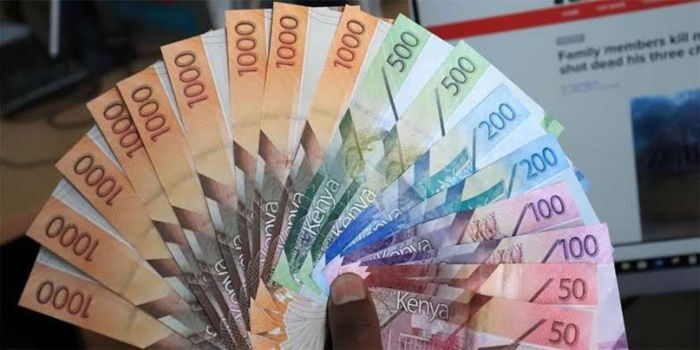Revisiting the Rule on Payments Above $2,500- Dr Lubinda Haabazoka
Revisiting the Rule on Payments Above $2,500
By Dr Lubinda Haabazoka
The Government of the Republic of Zambia (GRZ) introduced a law stating that any individual without a Tax Clearance Certificate (TCC) cannot transact over $2,500 abroad, or else a 15% tax is applied to the value of the transaction.
The motive behind this rule is to make it harder for individuals who do not pay taxes to externalise resources. While this approach may make sense for companies, it has become a nightmare for individuals.
I was informed that the system is now linked to bank accounts, and all transactions above the specified threshold must be approved through this integrated system. At least, that’s what my banker at ABSA explained to me.
I have been trying to purchase tickets for an emergency trip online since Friday evening. Every time I attempt the transaction, it is blocked by my bank. The travel date is approaching, and ticket prices are increasing. So, first thing this morning, I went to my bank. They told me I needed a Tax Clearance Certificate. I then went to ZRA and obtained one. The bank assured me the system would update automatically.
Later this evening, after searching for hours, I finally found tickets at a reasonable price. I tried to pay again—blocked.
I understand and appreciate the motives behind the rule. But honestly, rules and regulations should not interfere with essential, everyday activities. For money—especially debit cards—to be credible, they must function without frustrating citizens. As I write this, I still haven’t been able to purchase my ticket. Tomorrow morning, I’ll have to go back to either ZRA or ABSA to resolve the issue.
But this raises serious concerns:
What if this glitch occurs when a citizen is stranded at an international airport?
What if there is a medical or family emergency requiring urgent payment, and the system blocks the transaction?
I don’t support this level of transactional policing. It discourages people from using the domestic banking system. I’ve now decided to move my modest savings to a country where I can transact freely—without calling my banker or relying on systems that malfunction occasionally.
Again, while I understand the intention, we need to make life simpler for ourselves. The stress of trying to make a simple payment is just too much.
We need to revisit this.
There are also cases where the system fails to recognise that a company has a valid Tax Clearance Certificate. In such situations, the bank—with instructions from the tax authority—deducts 15% from the transaction. Afterward, even when reconciliation is done, the tax authority does not refund the money. Instead, they say, “Use it as credit next time.” But this eats into the company’s working capital.
I strongly believe that individuals should not be subjected to the same tax clearance requirements as companies. We are human beings, not corporations. A TPIN should be sufficient.
Thank you. 🙏🏿









